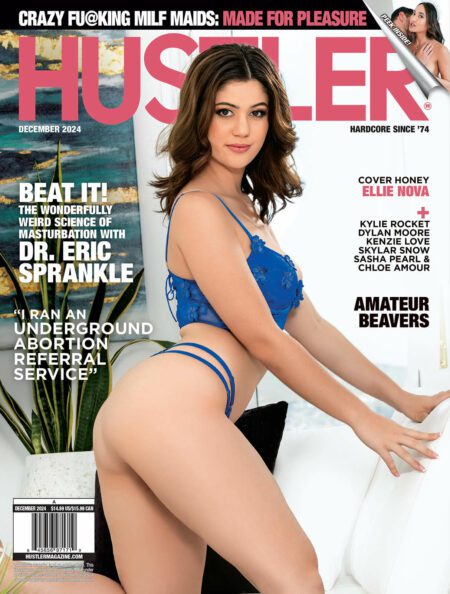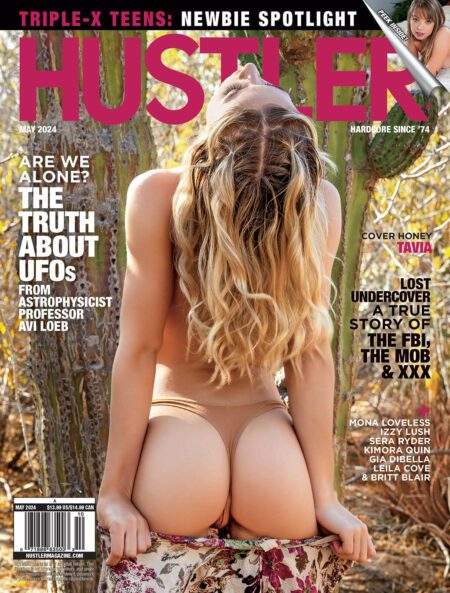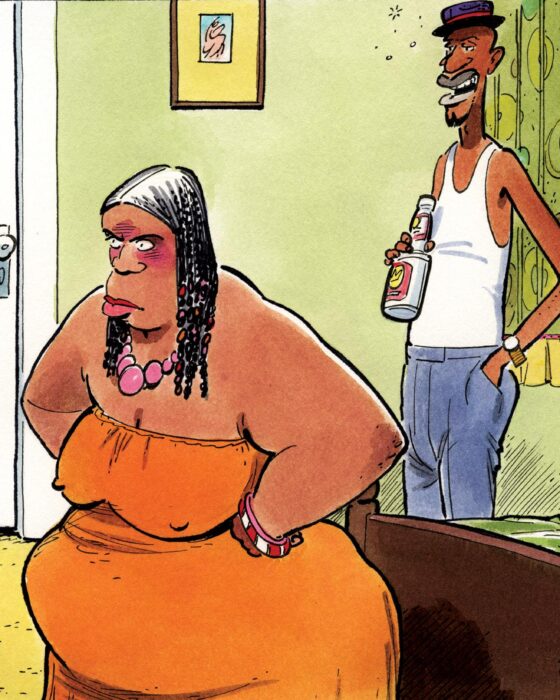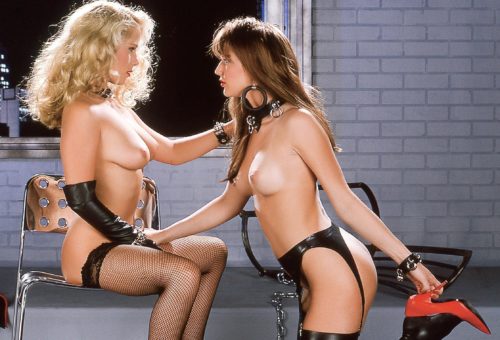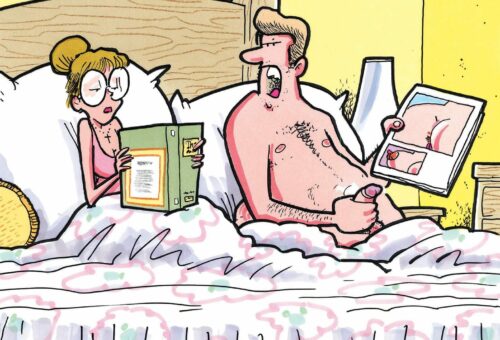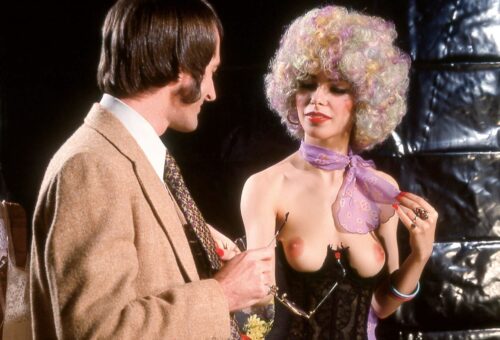Is honesty really always the best policy when it comes to relationships? Join us as we explore the science.
We’re taught from a young age that honesty is the best policy. What they don’t tell you is that, sometimes—especially in romantic relationships—honesty can have consequences you never saw coming. We’ve all been there, confronted with a loaded question like, “Does this blue shirt make me look fat?” There’s only one way the bold, unfiltered truth ends: with hurt feelings, maybe even accusations that you’ve lost all attraction because she looks, as she so eloquently puts it, “as big as a house.” In moments like these, conventional wisdom dictates a more diplomatic approach—something along the lines of, “I think the blue looks nice, but I really love the one in black.” That way, she still feels sexy and wanted while you escape an awkward dinner out and perhaps a night on the couch.
“Always lie,” Sam, 38, emphatically tells HUSTLERMagazine.com. “Women don’t want to hear the truth.”
But what if we told you that it’s better to condemn the blue shirt? You’d probably think, Jeez, that’s terrible advice. You’re going to get me jammed up in divorce court. Well, maybe not. It seems the age-old debate over honesty in relationships just got a scientific update, thanks to a new study from the University of Rochester. Researchers determined that brutal honesty actually strengthens relationships, not the other way around. “We found that being more honest in expressing a desired change predicted greater personal and relationship well-being for both partners,” the study’s authors said, adding that it also provoked the motivation for the partner to change.







